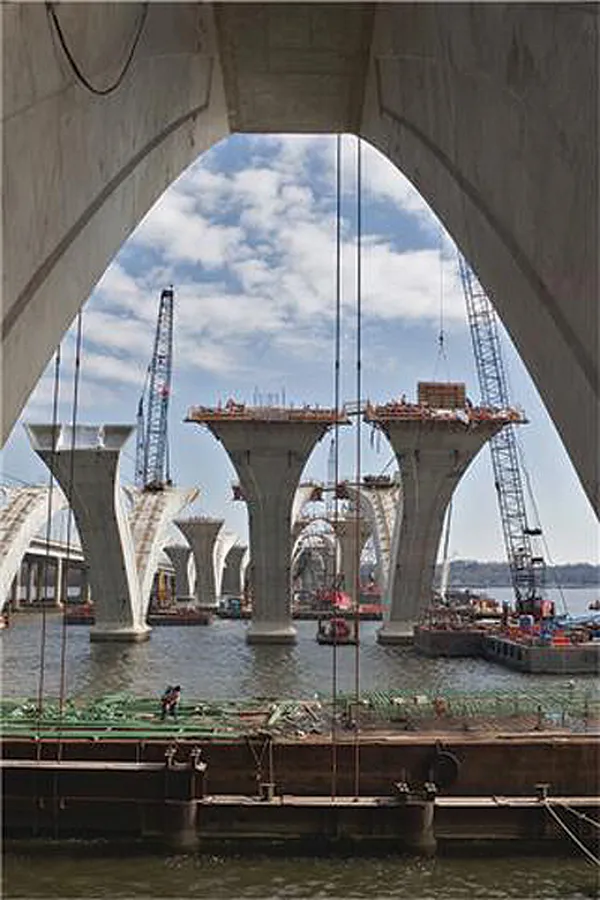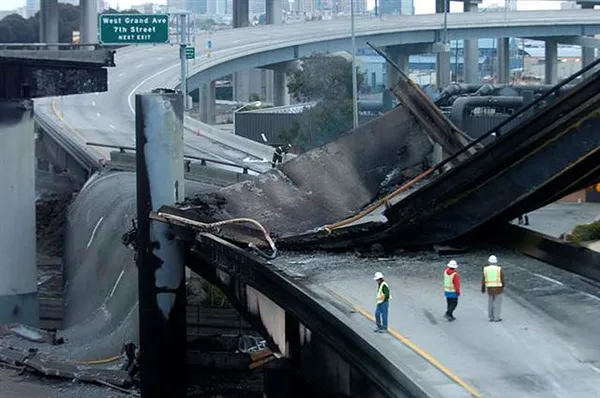A new survey of contractors carrying out transportation projects in the US offers little encouragement for the state of the market at present.
February 29, 2012
Read time: 2 mins
A new survey of contractors carrying out transportation projects in the US offers little encouragement for the state of the market at present. The market assessment has been compiled by the American Road & Transportation Builders Association (ARTBA) and says that uncertainty over long-term highway and transit bill is impacting employment and capital spending decisions. ARTBA says that transportation contractors continue to deal with a very challenging economic environment, with more than half of survey respondents saying they are working below 75% of capacity. "We cannot continue working day-to-day without long-term planning," said one contractor in the American Road & Transportation Builders Association's (ARTBA) latest "Quarterly Market Conditions" report. According to another: "It's worse than ever before in my lifetime. Many competitors have closed their doors. We have been in a four-year downturn with no hopes of turning things around. Most left are just clinging to stay open." The report says that some 50% of respondents said they have fewer workers on payroll, while just 13% say they have more. Project backlogs, a key indicator of market stability and performance, are down with 56% reporting less work in the queue. Similarly, overall capital spending is lower at 49% of firms while profit margins are down at 61% of companies. And 74% say materials costs are climbing.
Contractors are very concerned about the continuing congressional delays over re-authorisation of the six-year highway/transit investment bill. "We need a long-term transportation spending package," said firm. Another said his firm is putting capital spending and hiring until the highway/transit bill is passed.
Contractors are very concerned about the continuing congressional delays over re-authorisation of the six-year highway/transit investment bill. "We need a long-term transportation spending package," said firm. Another said his firm is putting capital spending and hiring until the highway/transit bill is passed.







